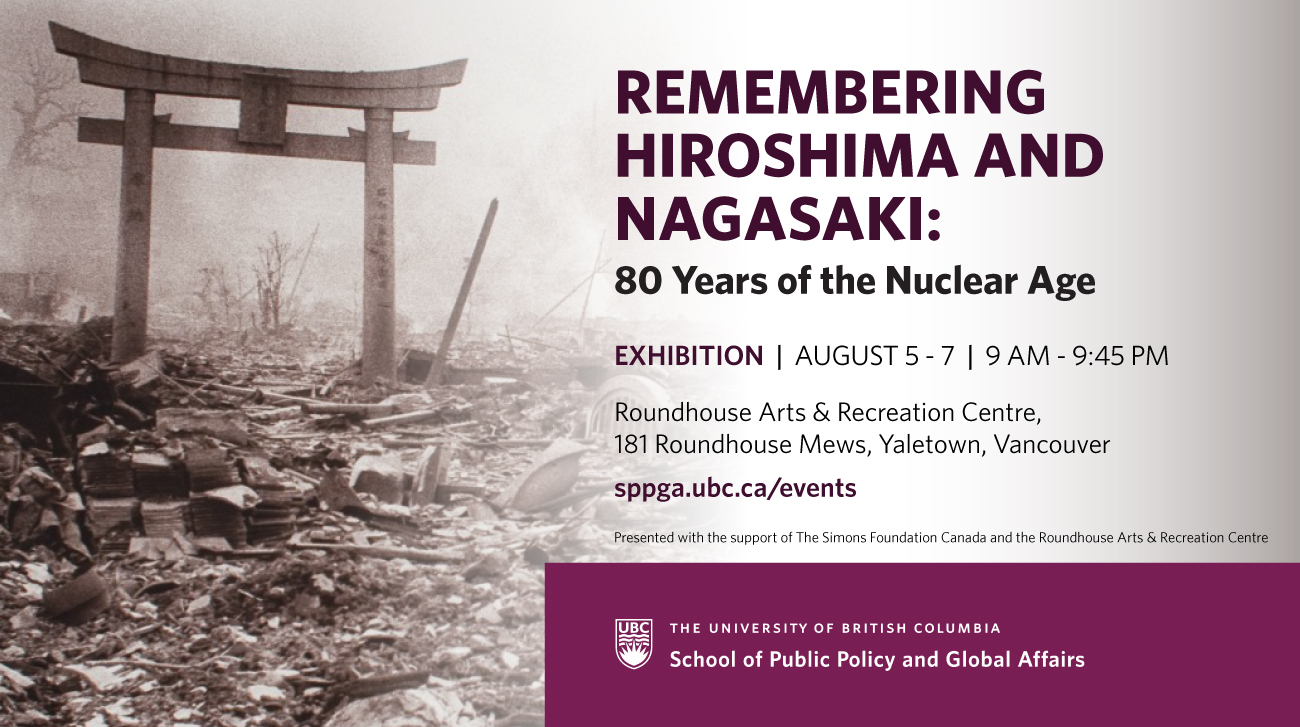Reception @ 6:30
Free and open to the public
A City Inscribed event. Registration is strongly encouraged.
Hong Kong came into being by an act of invention. In 1842, the city was founded by the British on the steep and nearly landless northern coast of a barely inhabited island in southern China. This island had no official name and was not even recorded on the map. By naming it “Hong Kong,” the city was created from scratch. History began as fiction and with fiction we reinvent the sites of history. All narratives about Hong Kong inevitably cross the line between fact and myth, reality and imagination.
Born in Hong Kong in 1967, Dung Kai-cheung is without doubt one of the most highly-regarded Chinese-language fiction writers of his generation. Recipient of a number of prestigious awards, including the Jury Prize of the Dream of Red Chamber Award (2006 and 2008), the Award for Best Artist (Literary Arts) by the Hong Kong Arts Development Council (2008), and the Author of the Year of the Hong Kong Book Fair (2014), Dung is the author of more than two dozens full-length novels and collections of short stories. Among his publications are Atlas: The Archeology of an Imaginary City (Columbia University Press) and Cantonese Love Stories (Penguin), both of which are available in English.
This lecture is organized by the Hong Kong Studies Initiative and co-sponsored by the Department of Asian Studies, the Modern Chinese Culture Seminar, the Centre for Chinese Research, the Department of History, the Department of English, the Asian Library, St. John’s College, the UBC Partnership Recognition Fund, and the Vancouver Hong Kong Forum Society.

